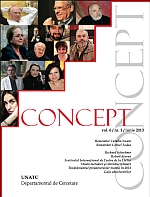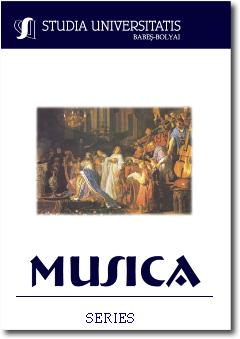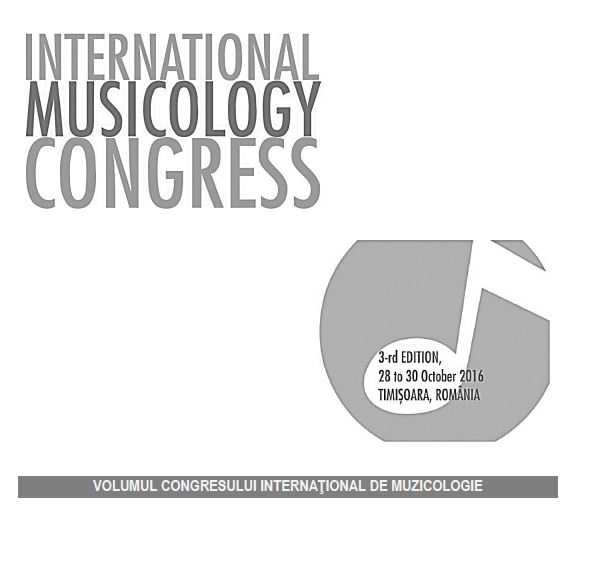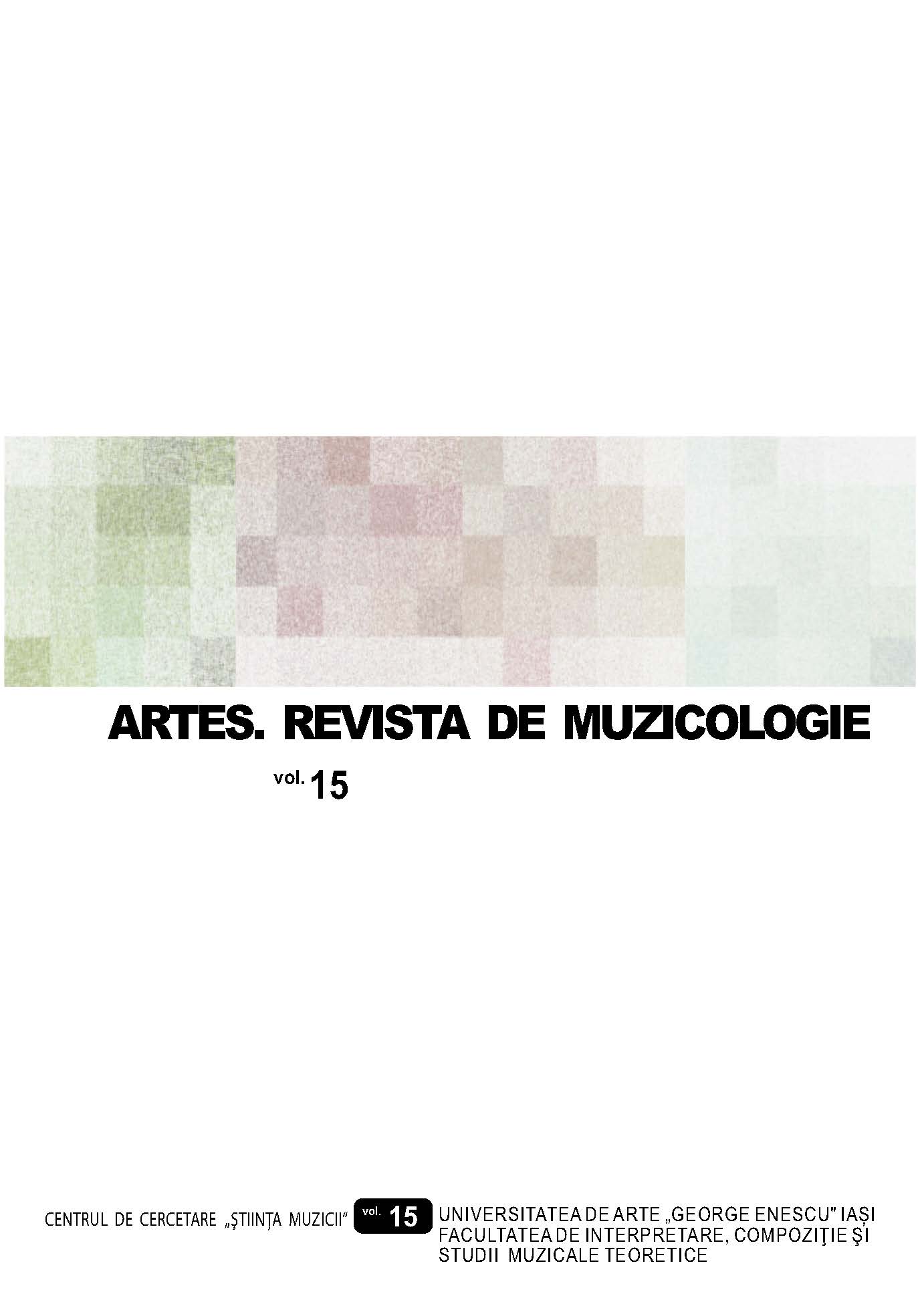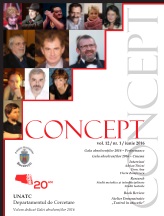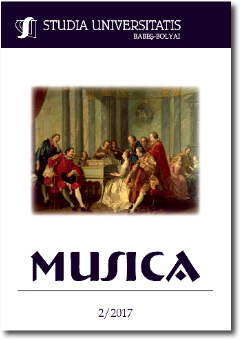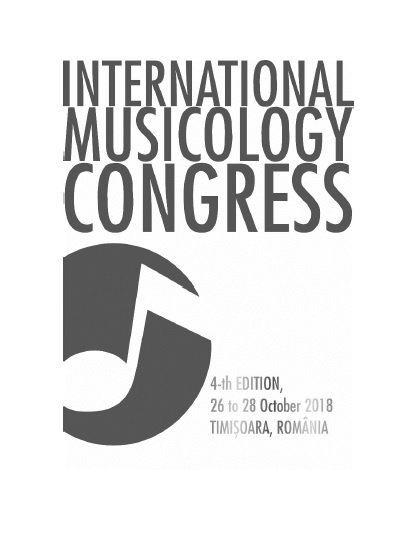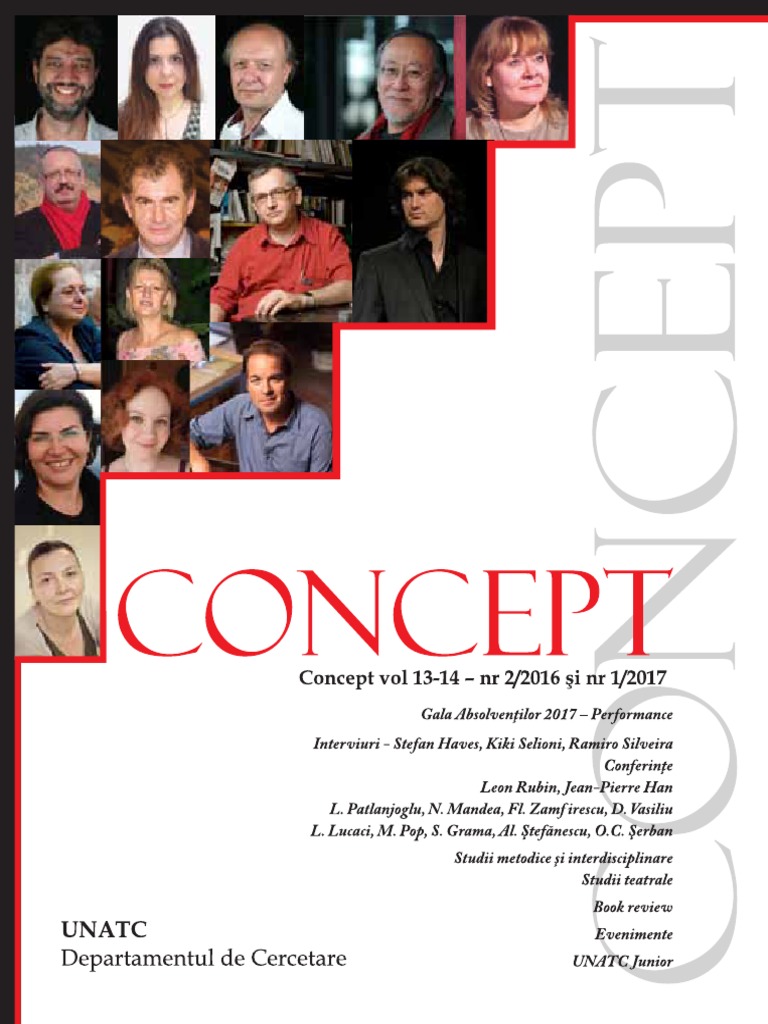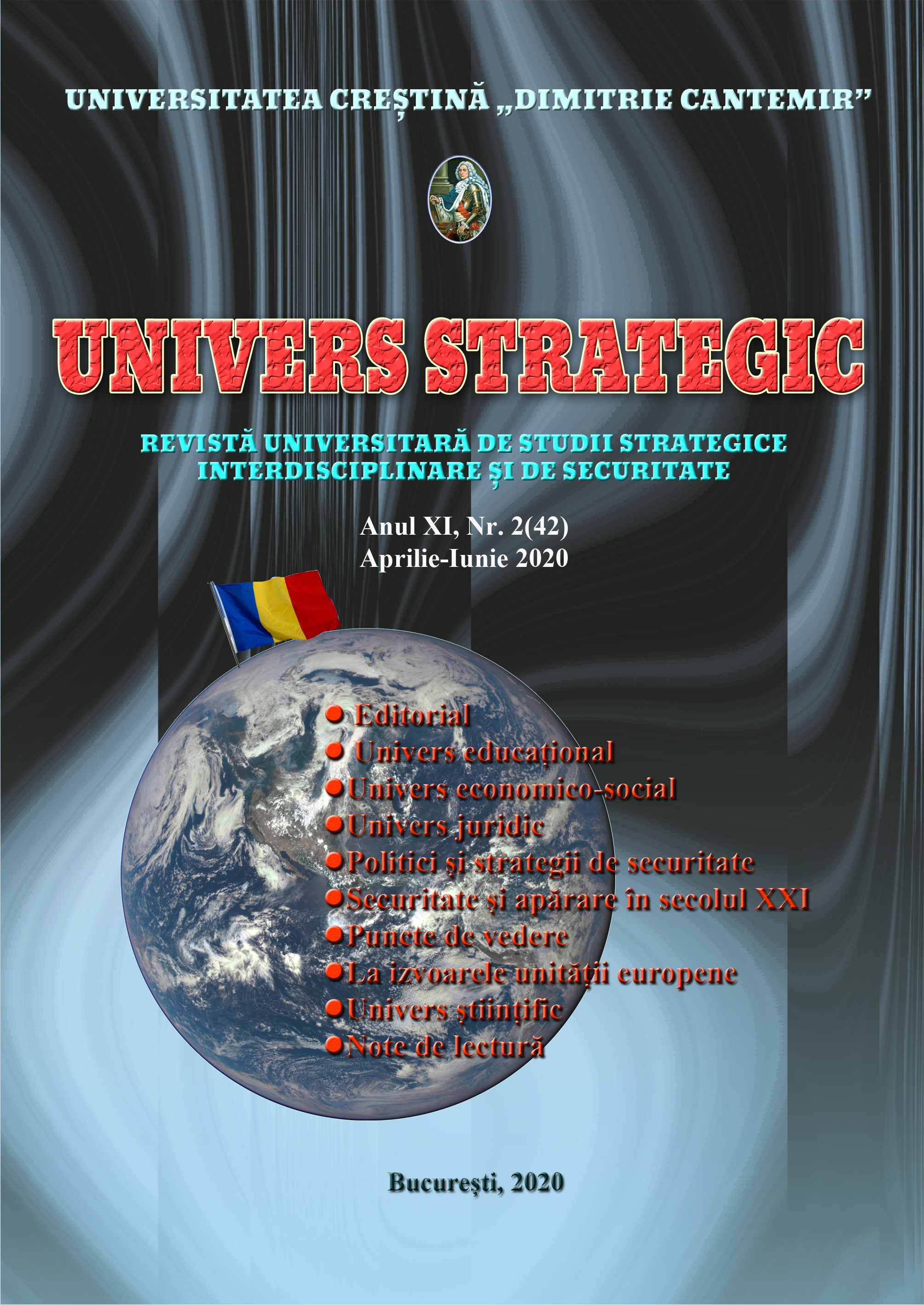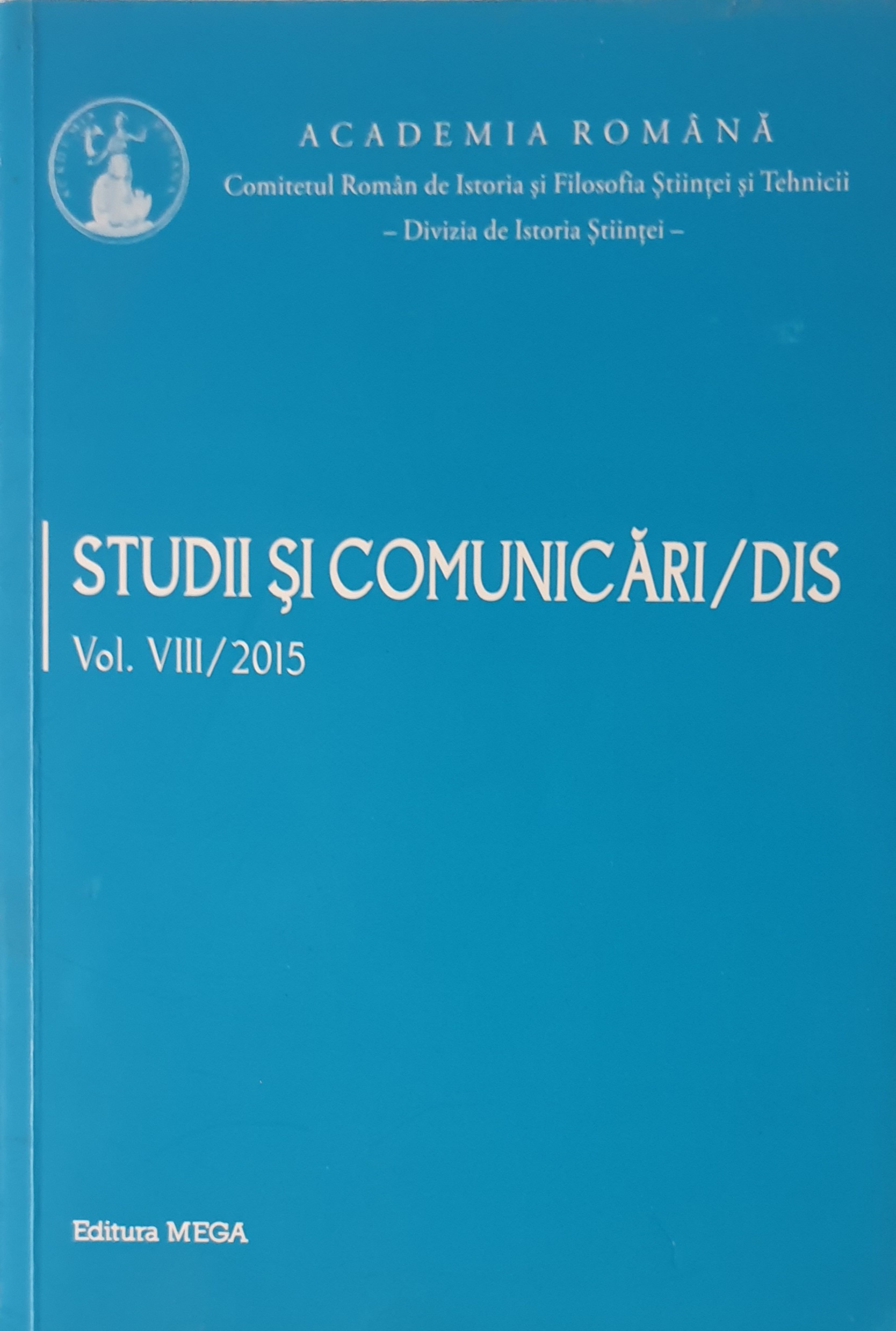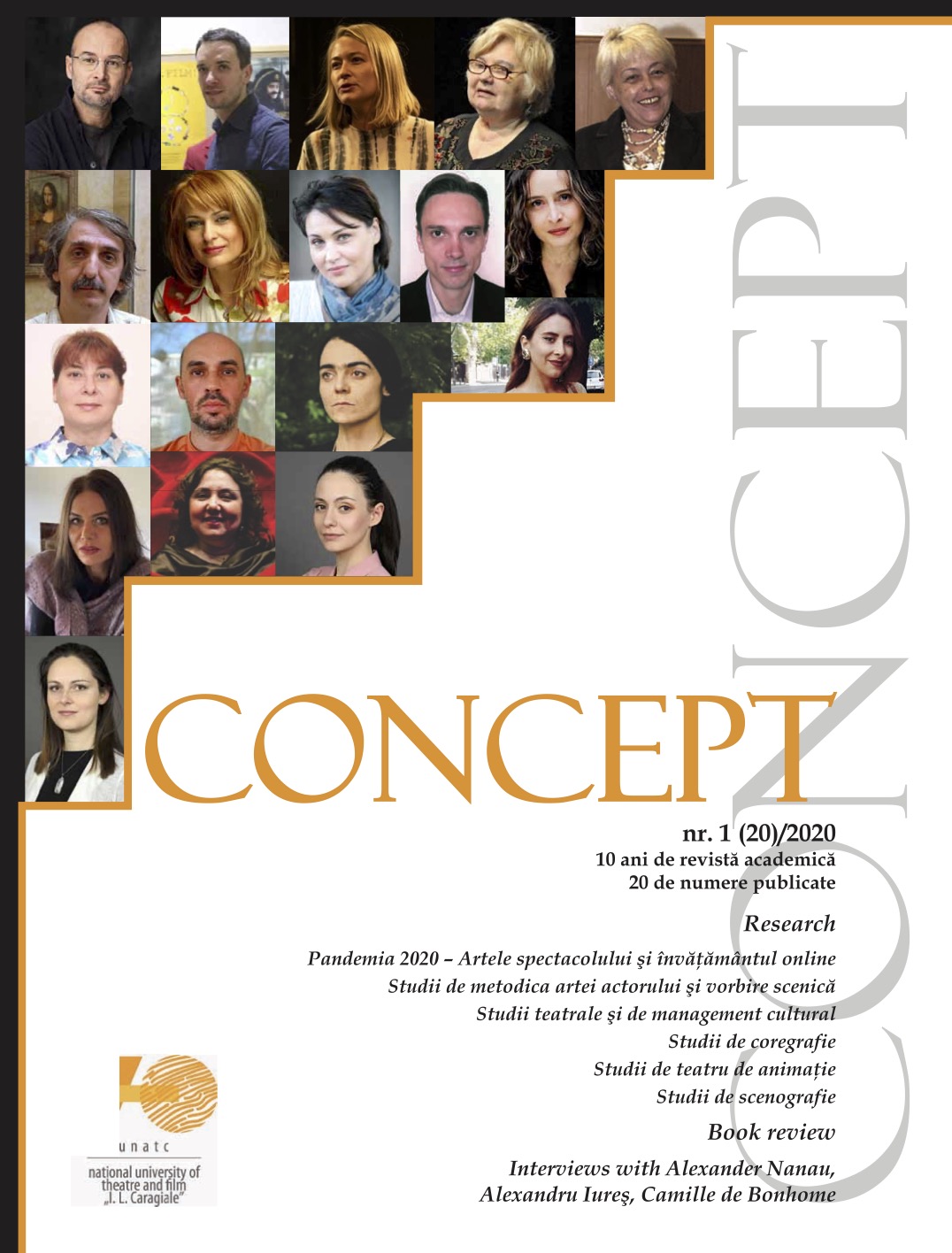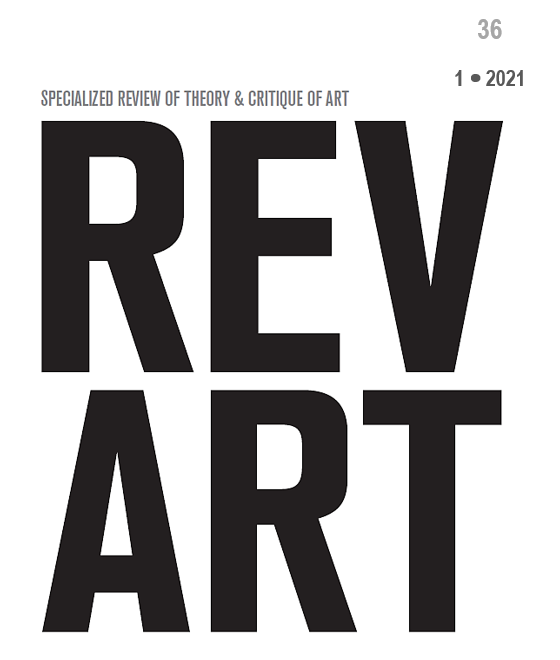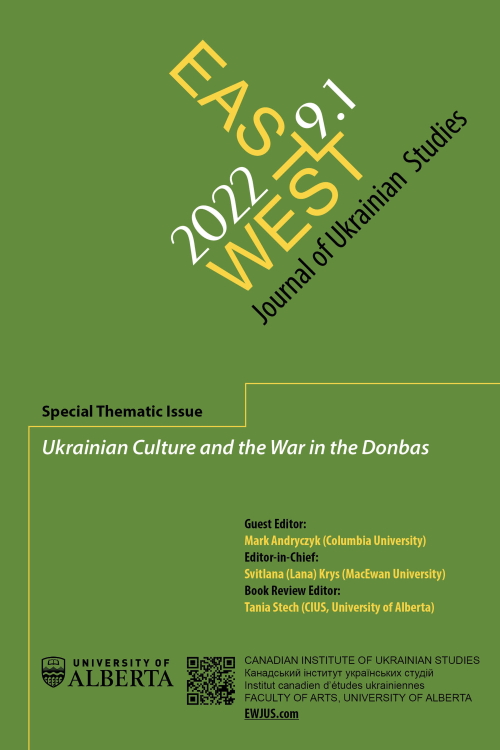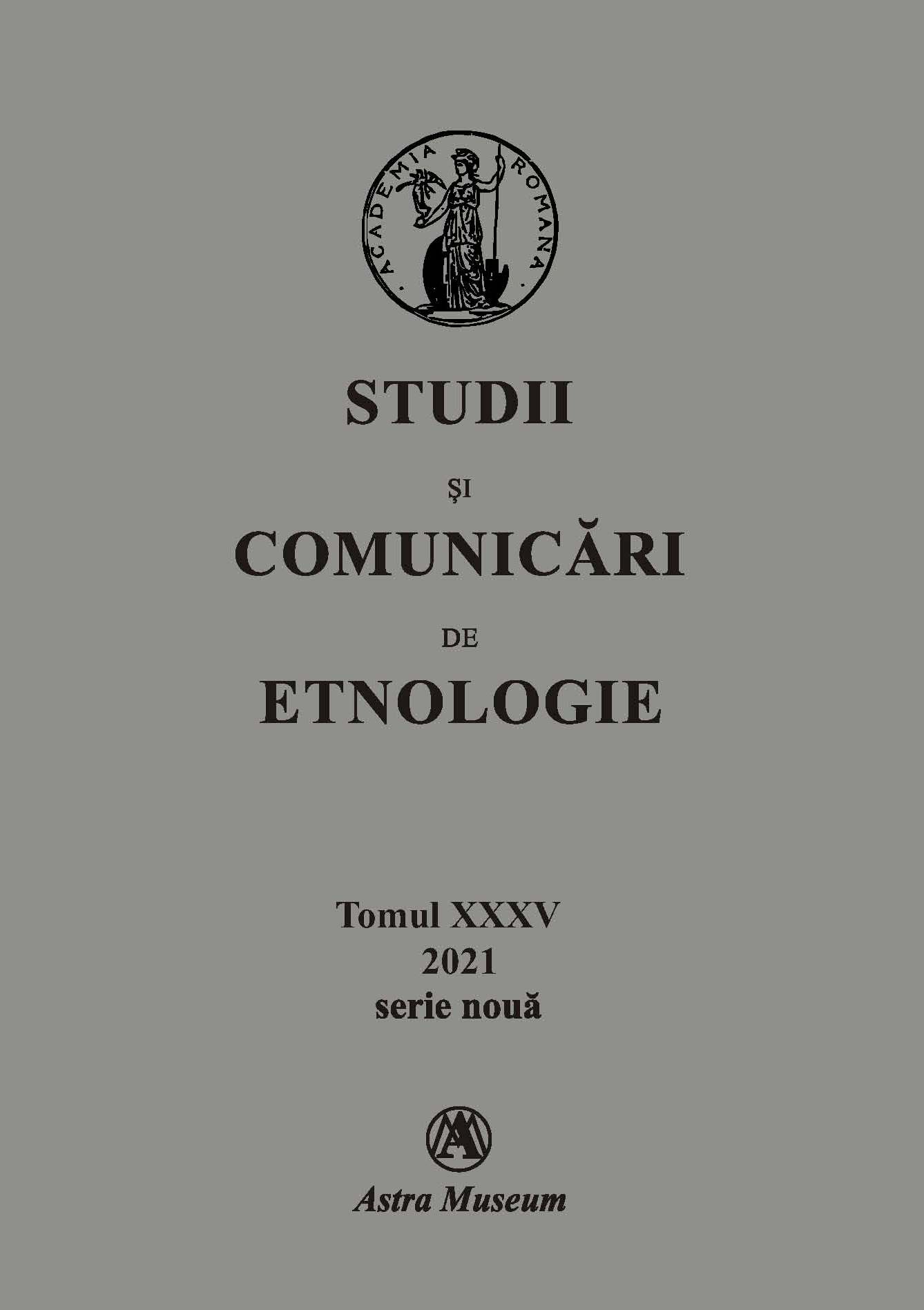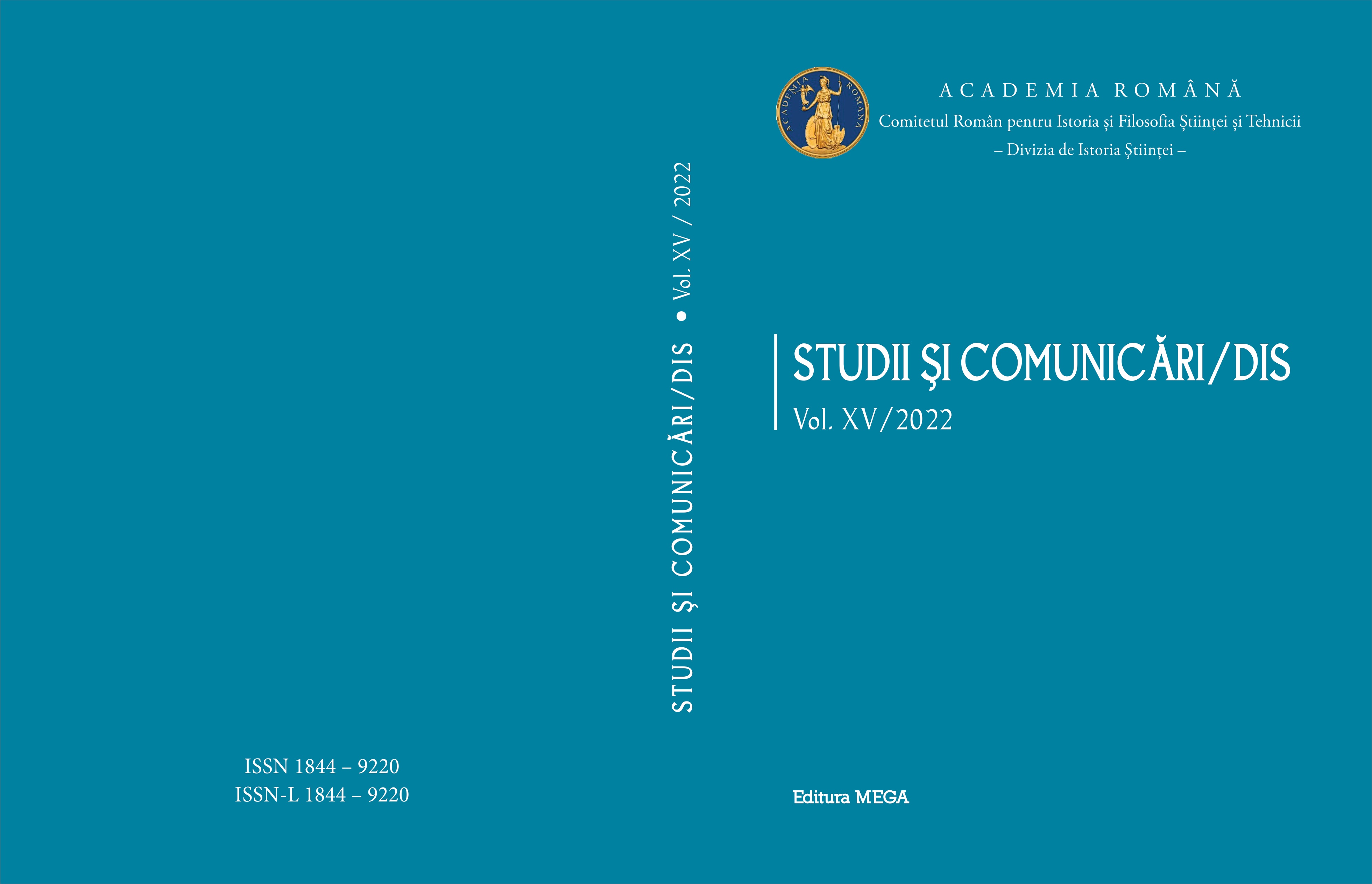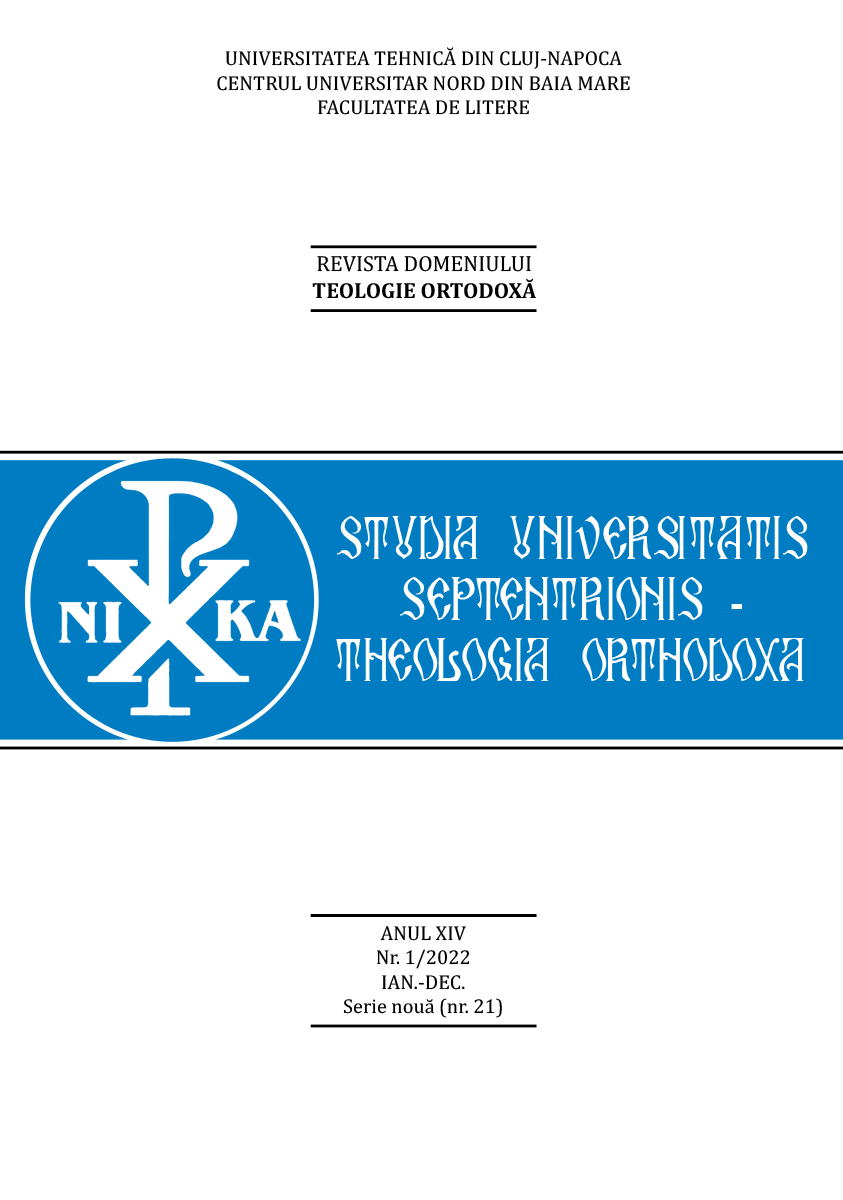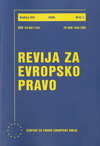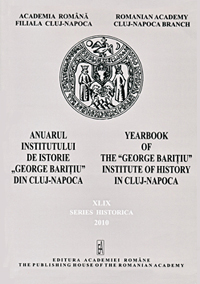
Eliza Constantinescu-Bagdat, the portrait of a feminist from the interwar academie
Eliza Constantinescu-Bagdat, potretul unei feministe din lumea academică interbelică
Keywords: University; professor; education; feminism; economical studies
This article is a case study outlining the bio-bibliographical portrait of Eliza Constantinescu-Bagdat, one of first the female Romanian university professors of the interwar period. Teaching in Cluj, at the Academy of Higher Commercial an Industrial Studies between 1927 and 1943, this lady had a very a interesting professional and public life, which made her travel to France and Switzerland in order to achieve her education, and later saw her use that knowledge in her home country. Therefore, she can be considered an eloquent example of the importance and mechanisms of the peregrinatio academica phenomenon.
More...
